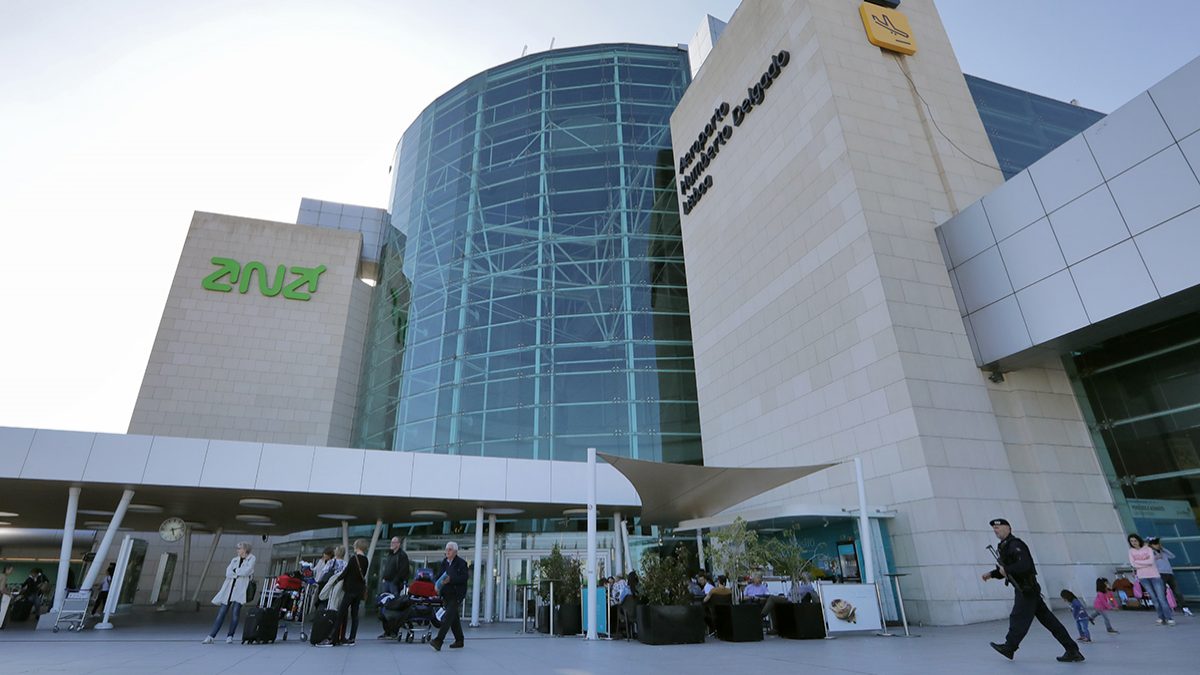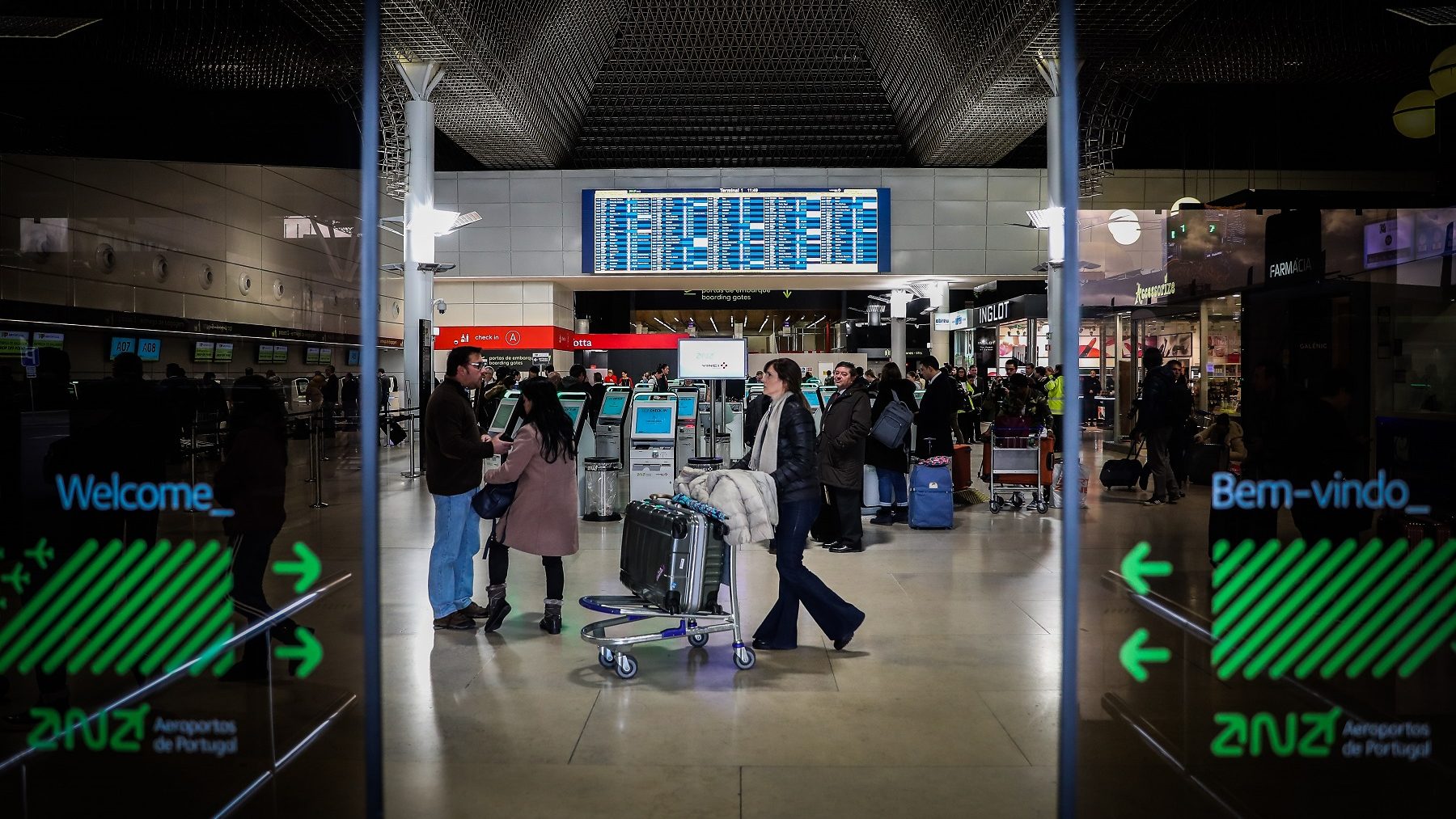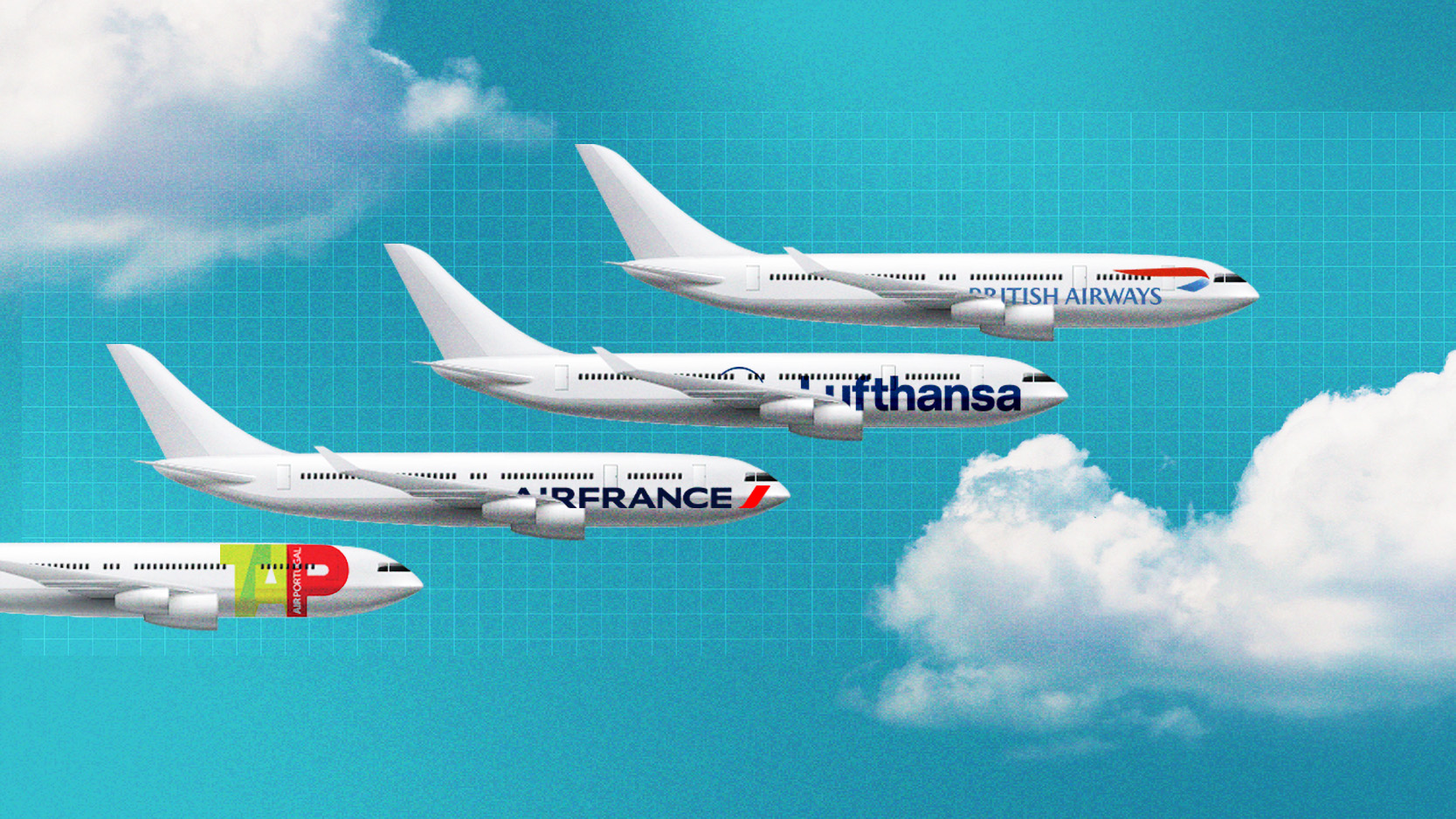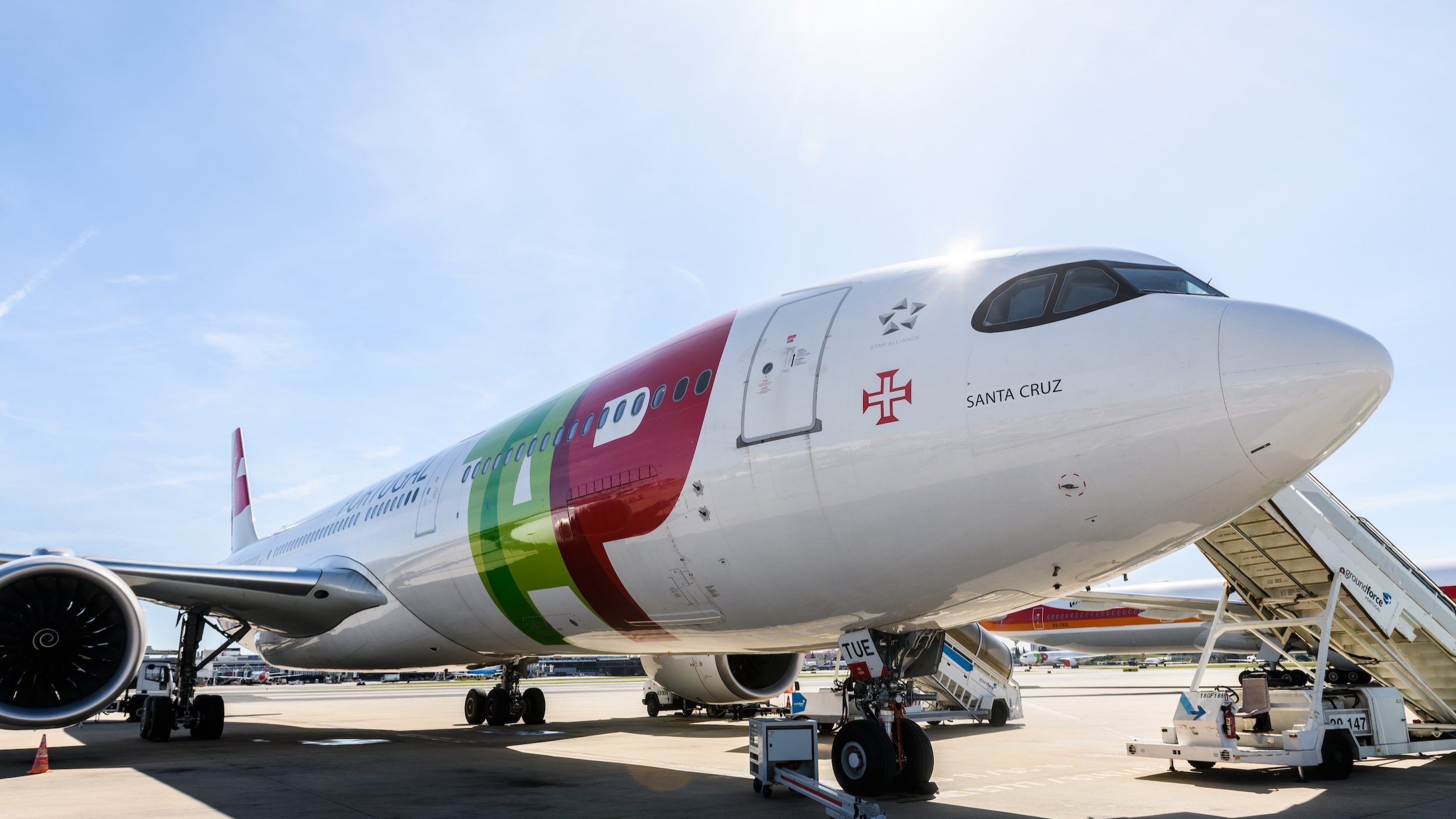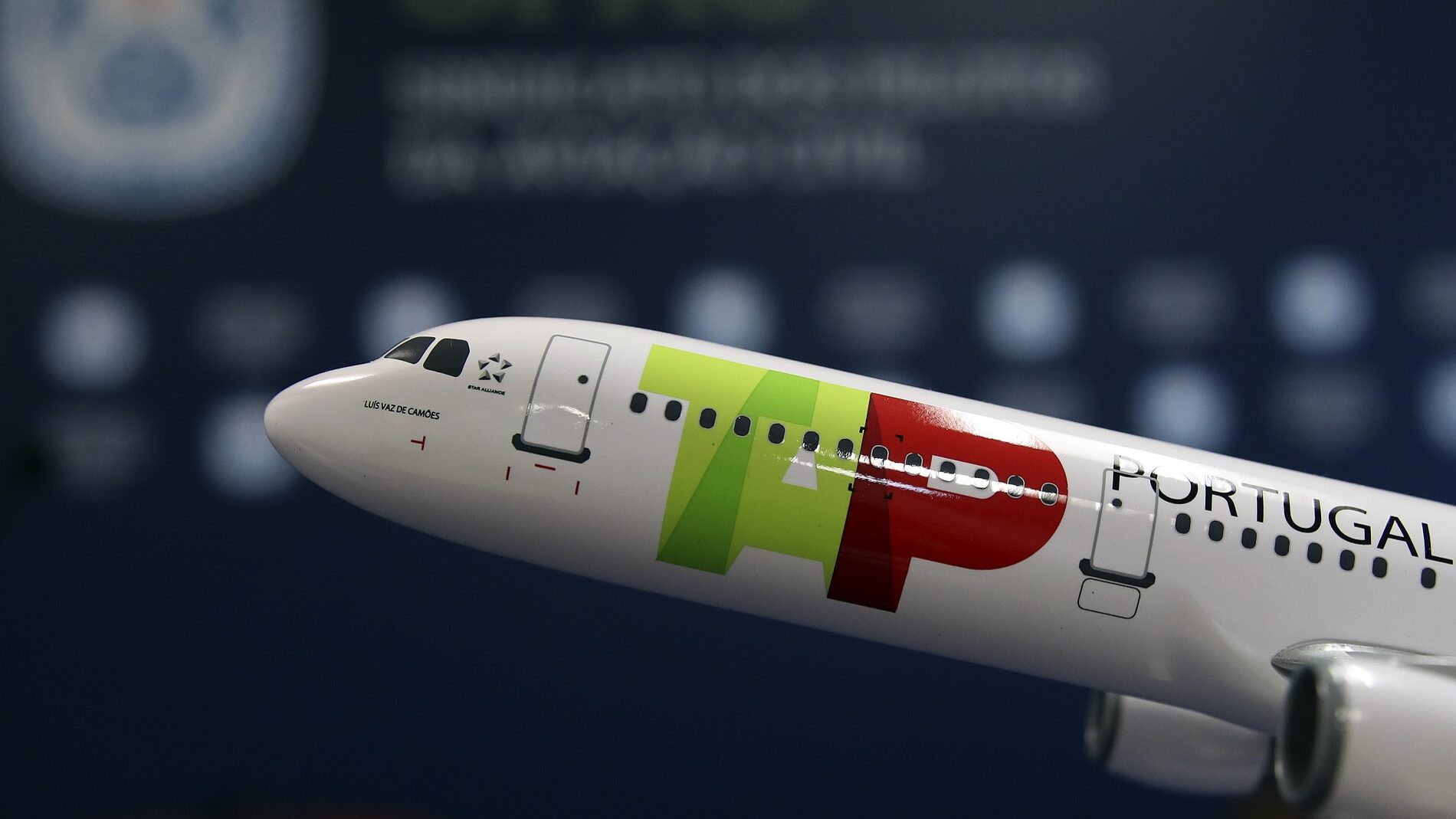Menzies handling company asked TAP for advance payment due to cash flow needs
In January, Menzies Portugal, formerly Groundforce, asked TAP to pay an invoice in advance. The airline points out that "the company's restructuring plan has been considerably delayed".
In January, TAP advanced the payment of a bill to Menzies Aviation Portugal, formerly Groundforce, due to the handling company’s cash flow constraints, ECO has been informed by sources familiar with the process.
SPdH, the corporate name of the ground services company, has a recovery plan in place, approved by creditors, which has led to the entry of a new shareholder, the British company Menzies Aviation, which is owned by Agility, a Kuwaiti company. According to the plan, the new investor, who took 50.1% of SPdH, was focused on “recovering the brand image and all the credibility, stability and financial capacity” of the former Groundforce. The remaining 49.9% belongs to TAP.
Six months after taking over management, in January, Menzies Aviation Portugal (SPdH) had to ask TAP for an advance payment of more than 1 million euros in order to deal with cash flow constraints, according to sources familiar with the process. A practice that was used before the bankruptcy, declared in August 2021, at TAP’s request.
According to what ECO has learnt, the request, although granted, created discomfort at TAP, given the importance of the now Menzies Aviation for the airline’s operation, since it is this company that ensures the check-in and boarding of passengers, the loading and unloading of luggage or the fuelling and towing of aircraft. If handling stops for any reason, flights have to be cancelled.
ECO questioned Menzies Aviation Portugal and TAP to find out whether the advance payment was a one-off or repeated episode and the reason for the cash flow difficulties. Menzies declined to answer. The airline’s official source replied that “SPdH’s restructuring plan has suffered a considerable delay, due to conditions external to the company — courts and others, and naturally the practice has to be adjusted accordingly”. The airline added that “TAP has every confidence in Menzies to execute the plan that defined it as the buyer of SPdH”.
The court process was indeed lengthy. The creditors approved the plan in September 2023, but the process dragged on for several months due to successive appeals filed by Pasogal, owned by businessman Alfredo Casimiro, who held 50.1% of the former Groundforce, delaying the final judgement approving the plan.
Paying off debts, increasing costs and a discount
The company’s cash flow is being pressurised by the phased payment plan of debts to creditors — workers (2.87 million), ANA (12.8 million), TAP (15.5 million) and Social Security (6.2 million), to name just the largest — scheduled between 2023 and 2029. For the first year, 5.23 million were estimated, but since the plan was only approved in 2024, SPdH didn’t have to pay its creditors until then. For the following two years, 2.36 million were planned.
There are other factors putting pressure on SPdH’s accounts. Menzies Aviation was chosen by the insolvency administrators and creditors to acquire 50.1%, in a process in which it faced competition from Swissport. The restructuring plan went through negotiations with both the creditors and the workers, which would be led by the current managers, namely Menzies Aviation’s vice-president for Portugal, Rui Gomes, who has led the company since June.
As part of the plan, a new contract was signed with TAP with changes to service tariffs from January 2025. According to ECO, the airline will benefit from a commercial discount of 5% this year, 10% in 2026 and 15% from 2027.
This discount has a significant impact because TAP represents around 70% of SPdH’s revenues, as the plan presented by the insolvency administrators points out. Assuming the turnover forecast for 2024 of 174 million euros, a 5% discount on the share corresponding to TAP means 6.1 million less. The insolvency plan itself points to a decrease in turnover between 2024 and 2027, despite the growth in air traffic. According to ANA data, the number of movements at national airports increased by 1.1% in 2024 and by 1.9% in the first two months of 2025.
If the commercial discount means giving up revenue, the new Company Agreement with the unions, negotiated by Vieira de Almeida on behalf of the shareholders, meant an increase in costs. In a statement sent to members on 4 June, the same day the new shareholder joined the company, the Aviation and Airport Workers‘ Union (SITAVA) and the Handling, Aviation and Airport Workers’ Union (STHAA) estimated “around 4.9 million euros more in earnings” in 2024 compared to the previous year. This was due to salary updates, increases in food allowances, annuities (old and new) or career progressions.
The impact of this additional cost would be offset by the departure of 300 employees, especially those with more seniority in the company and higher salaries, which was planned in the restructuring plan, but which was practically halved. According to a response sent by Menzies in March, by the first quarter only around 160 had accepted the conditions proposed by the company, which had set aside 9.5 million for severance payments.
According to the unions contacted by ECO, the redundancy programme was suspended in the meantime, and in mid-March the company went ahead with the collective dismissal of 10 workers who perform functions it considers “redundant” in the group’s new international activity framework. The restructuring plan estimated savings of 1.2 million with the entry of Menzies into SPdH’s capital “as a result of synergies between areas that will boost operational efficiency gains”.
The British company, which merged with Kuwait’s National Aviation Services, is the largest aviation services company in the world by number of countries (65) and the second largest by number of airports served (300). Revenues grew by 20% in 2024, to 2.6 billion euros. EBITDA was 382 million, with a margin of 15%, according to the only financial indicators released this week.
In the recovery plan, Menzies and TAP are committed to raising funds if it is necessary to reinforce their equity or for investments, in proportion to their shareholding. In the case of the British company, the reinforcement is limited to 10 million euros and in the case of the carrier to 9.96 million, the latter through the conversion of credits into capital.
ECO questioned the companies about this possibility, but received no reply. The Ministry of Infrastructures was also contacted, but referred the matter back to the airline as it concerned management issues.
The public tender for handling licences at Lisbon, Porto and Faro airports is underway. Menzies, Acciona, Clece and Swissport were selected for the next phase, as reported by Jornal Económico in February.
